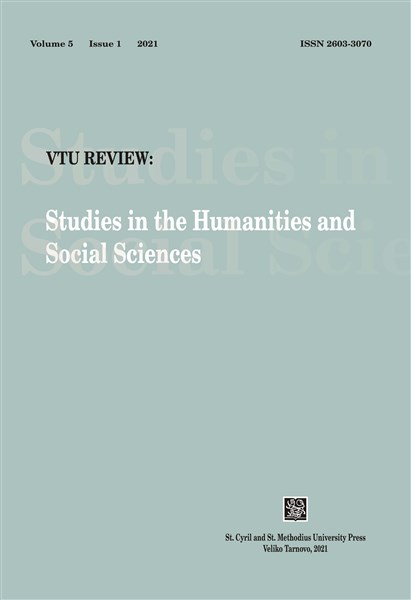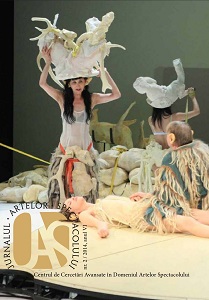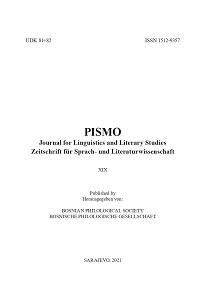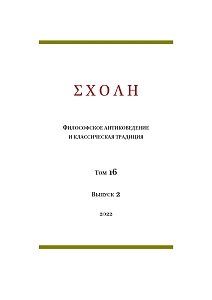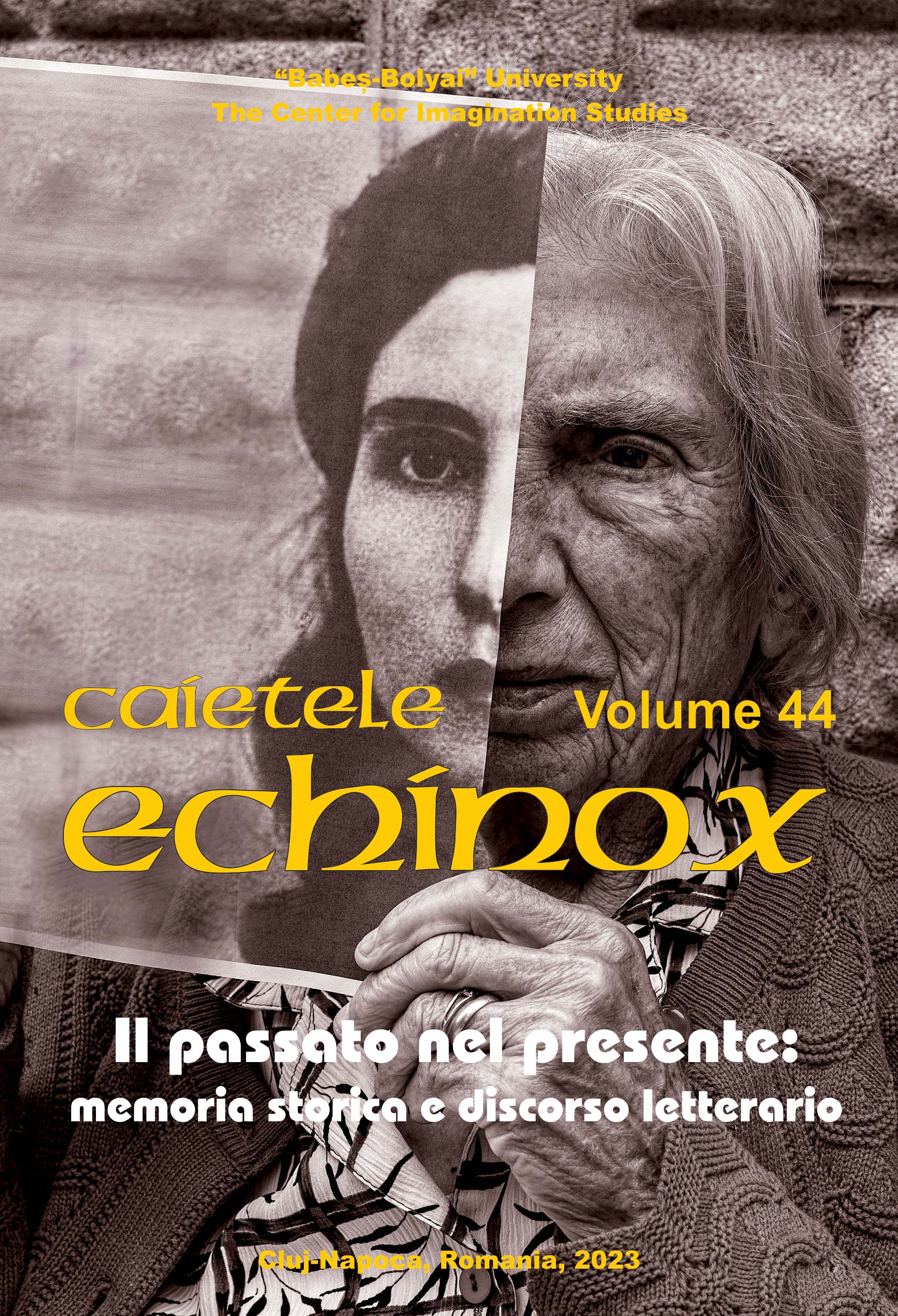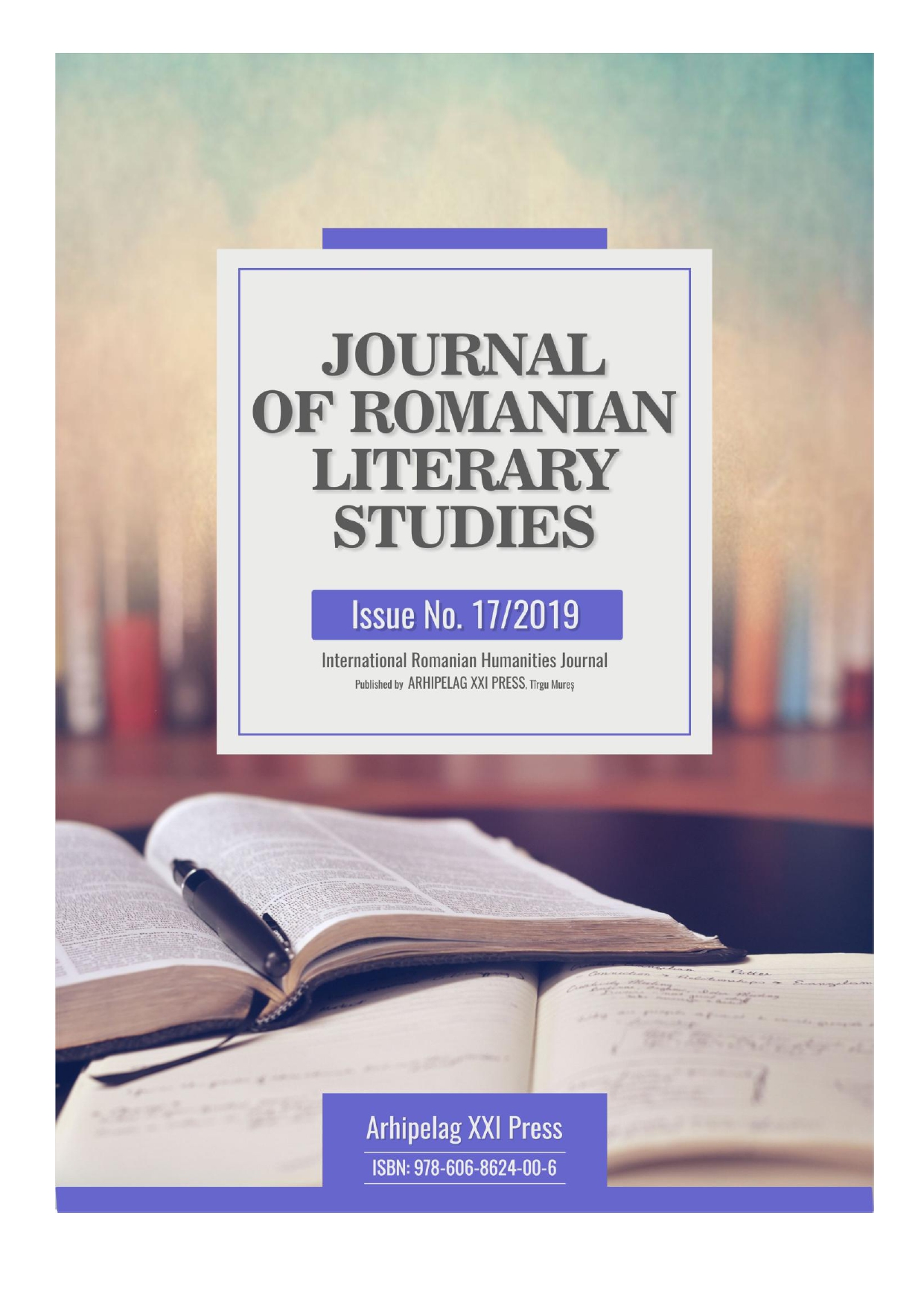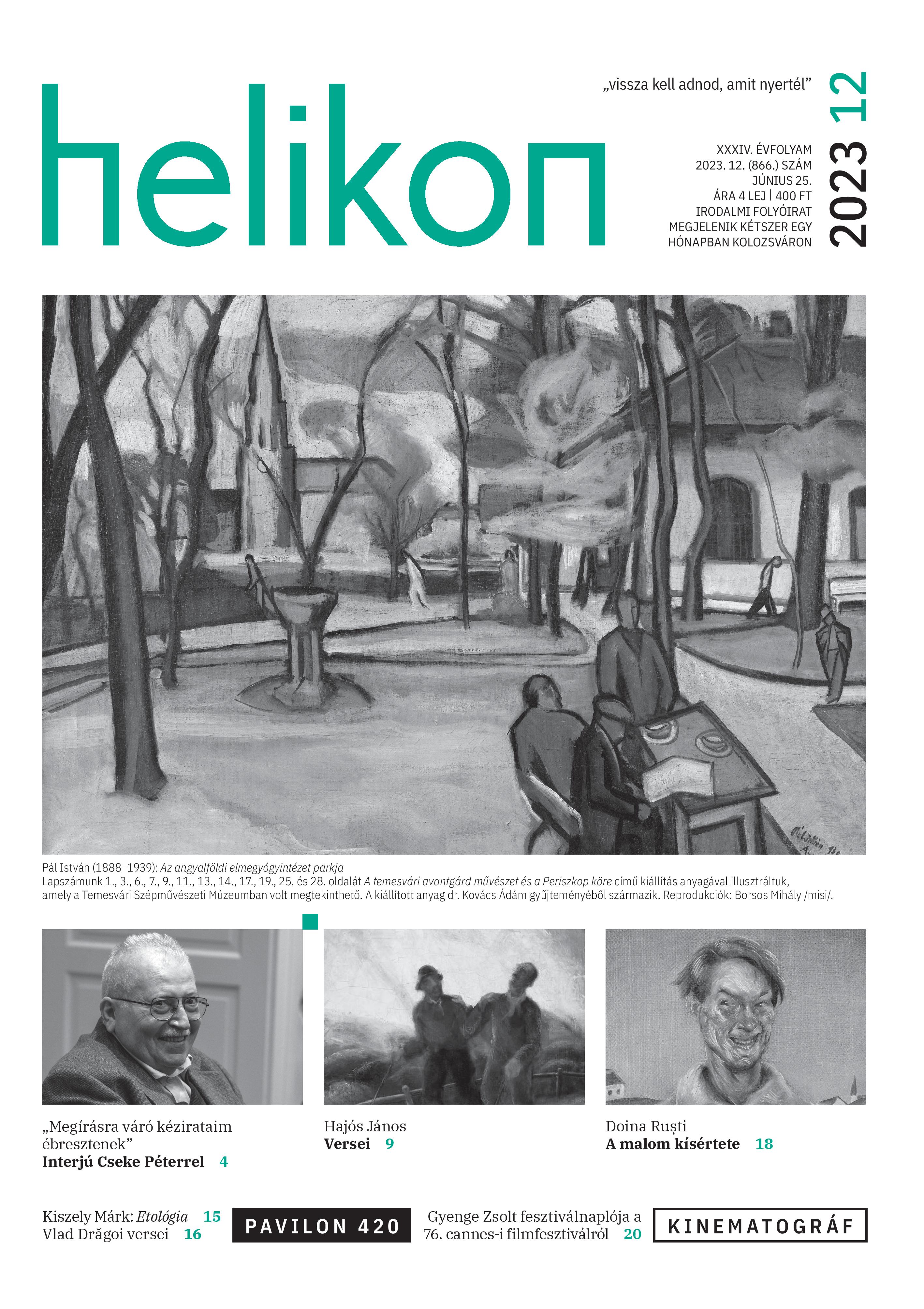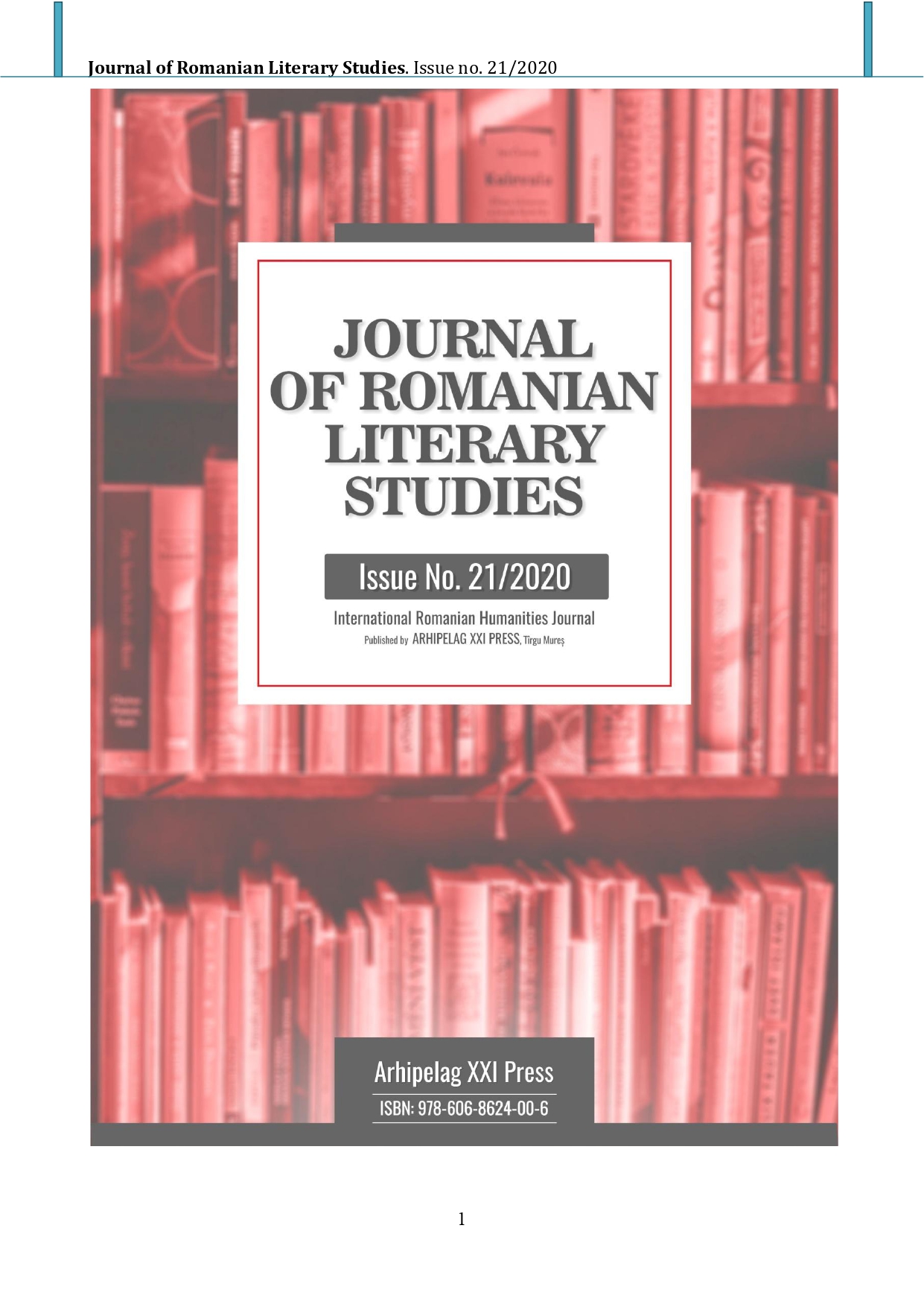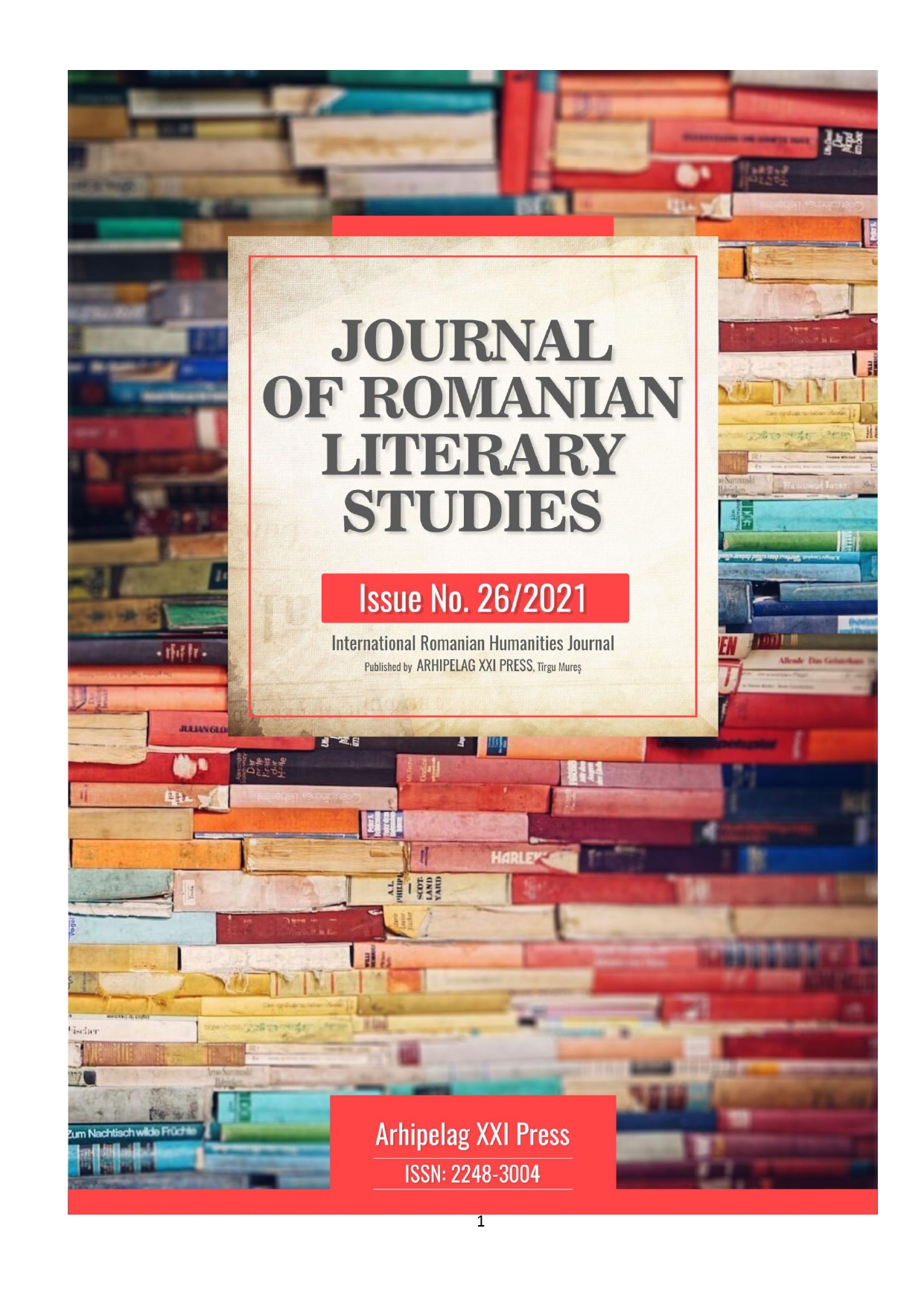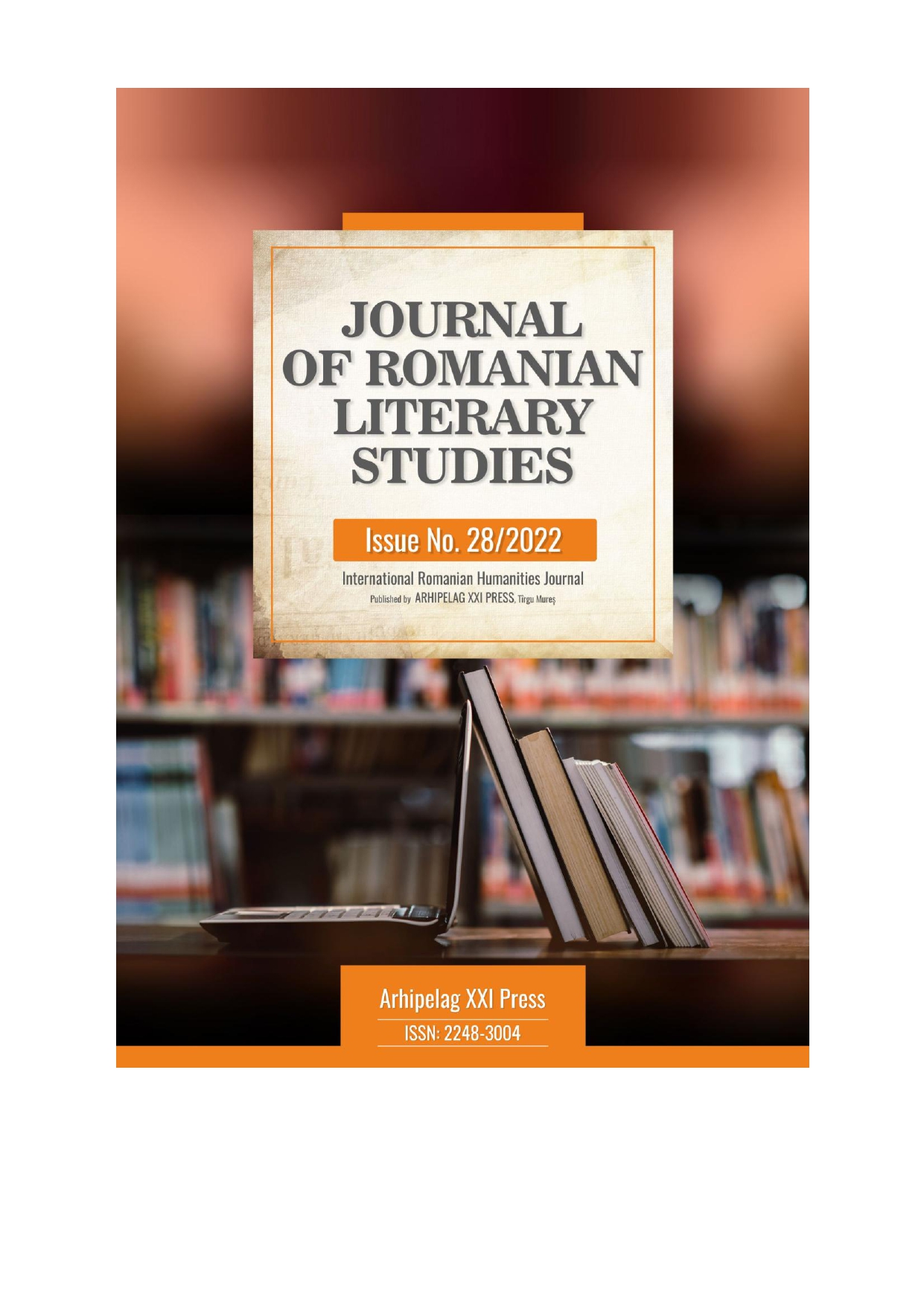Inglise luule ja draama baltisaksa retseptsioonist - Eestimaa Kirjanduse Ühingu raamatukogu põhjal
Based on the subclass XII (poetry and drama) of the Library of Estonian Literary Society, a Baltic German learned society (1842-1940) in Tallinn, this paper takes a look at the emergence of English literature in (Northern) Estonia. A more continuous reception of English literature in this area began in the second half of the 18th century. Although the most often mentioned publication place was London and some direct contacts can be traced with the help of inscriptions, the main part (4/5) of English literature reached the Baltic German reader via German printing and publishing houses and in translation. Some works were also published in the Baltics. In the 18th and 19th centuries only a few were able to read English in Estonia, mostly people with higher education, e. g. teachers, but also some merchants and aristocrats. The most popular authors of poetry and drama were Shakespeare and Byron, the most popular texts including Macpherson’s The Poems of Ossian, Milton’s Paradise Lost, Thomson’s The Seasons and Young’s Night-Thoughts.
More...
